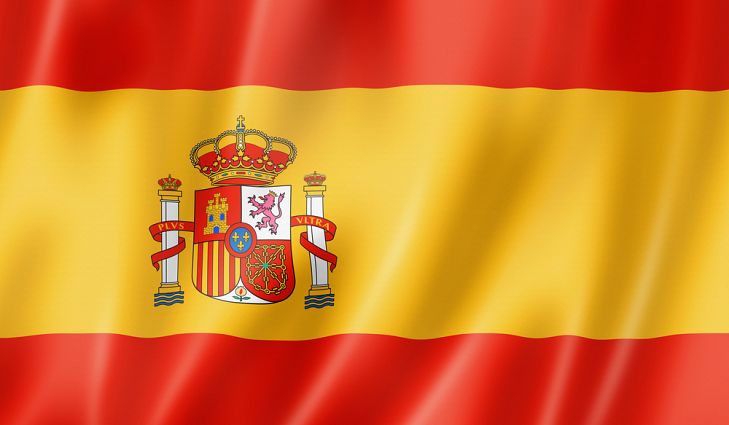Spanish utility firm aims to provide EV charging for country’s population
20 November 2018

20 November 2018
Plans are being made to introduce a far-reaching electric vehicle (EV) charging network in Spain, allowing for a greater number of drivers to benefit from the technology.
Utility company Endesa, owned by Enel, has launched a new venture dedicated to EV charging. Endesa X will install more than 8,500 public charge points, with another 100,000 at private locations, by 2023.
The company aims to reach both homes as well as businesses and town authorities with its dual strategy. The Italian owned firm has put aside €65 million to install the public charging points.
Endesa’s managing director, José Boags, comments: ‘Electric mobility is a strategic pillar for Endesa, given that it plays a fundamental role in moving towards a completely carbon-free energy system by 2050. Indeed, this aim is shared by all countries that signed the Paris COP 21 agreement, as well as a high number of different social and economic agents, on both a national and international scale’.
Between 2019 and 2020, Endesa X will establish a network of 2,000 charging points, which will connect the main cities and routes, covering 15,000km of main roads and urban areas and in turn, allowing 75% of the Spanish population to access public charging facilities in their area. This will give drivers across the country access to a charging point within 100km of their location.
In the second phase of the plan, up to 2023, Endesa will install more than 6,500 new public access charging points (in shopping centres, car parks, hotel chains, service areas and on public roads). This allows the company to keep up with growth in the electric vehicle market, while providing better distribution of facilities in urban areas and the main strategic communication points, even on the Spanish islands.
The electricity supplied to over 8,500 public access charging points will be 100% certified renewable energy.
The news comes as the Spanish Prime Minister prepares a plan to ban the sale of internal combustion engine vehicles by 2040.
The draft law would set out goals for 2030 and 2050 in cutting emissions and promote renewable power and energy efficiency within the country. These are all part of the country’s obligations under the Paris Climate Accord, in which it must reduce greenhouse gas emissions by 20% from 1990 levels in 2030, and by 90% in 2050.